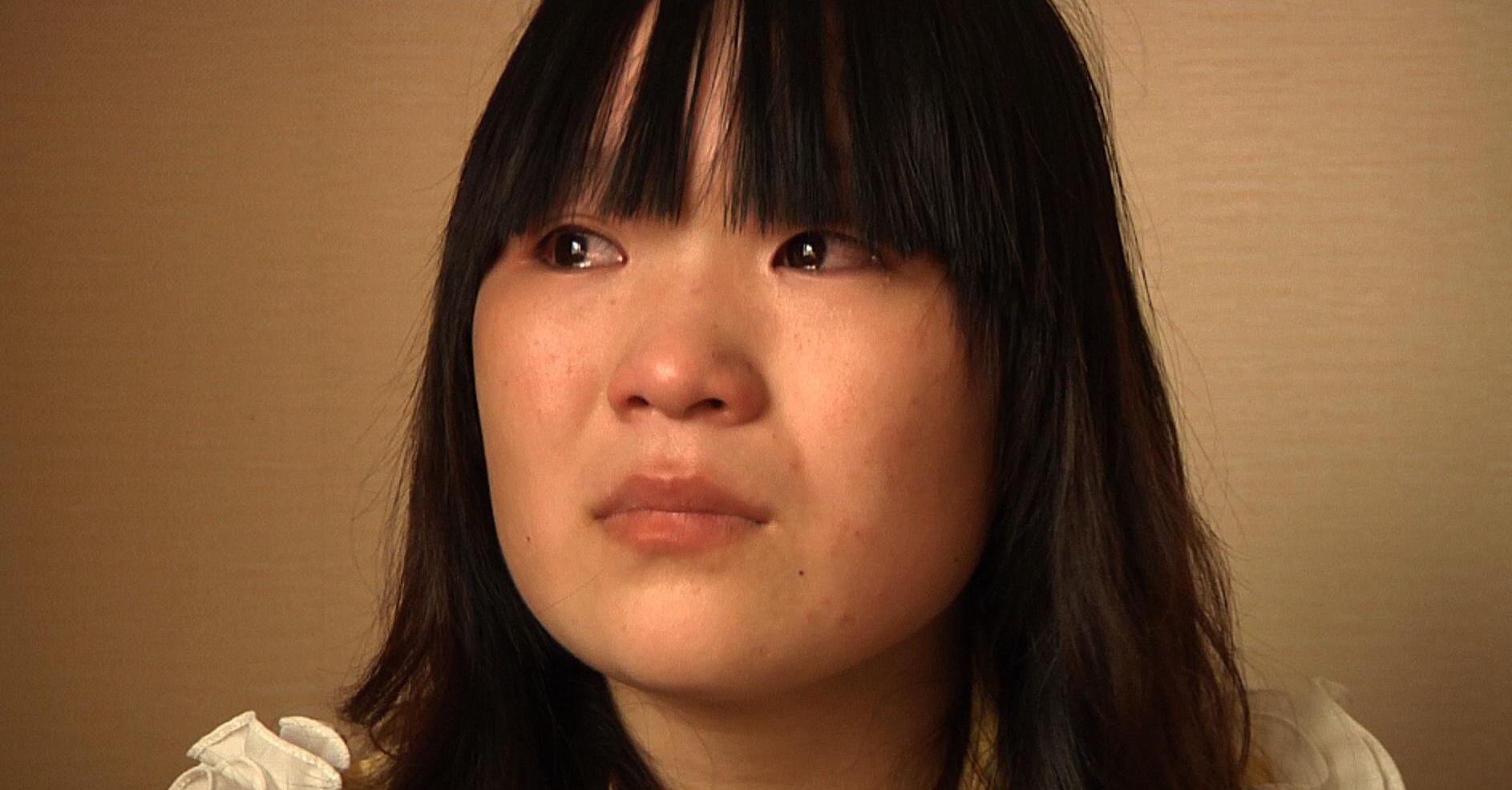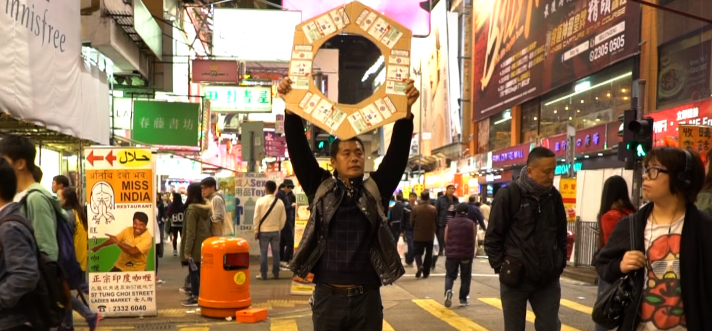By Jessica Duncanson
Directors: Heather White and Lynn Zhang
Human Rights Watch Film Festival 2017 review
Complicit provides a crucial look into the human devastation caused by the electronics manufacturing industry in China. It’s estimated that 90% of consumer electronics are manufactured in China and, due to the constant push to lower costs and increase productivity, the use of dangerous chemicals is causing occupational diseases in countless workers. This epidemic is swept under the mat by manufacturers, the Chinese government, and prominent international electronic companies alike. This documentary gives victims and campaigners an unprecedented platform and forces the audience to acknowledge the dark impact of their commodities.
The film explores the stories of numerous affected workers, many of whom were forced to migrate to manufacturing jobs far from home due to rural poverty. Once hired, they suffered poor conditions, such as low pay and exceptionally long hours (one former employee recounts working non-stop for 4 days without sleep). However, the worst was unfortunately yet to come. Exposure to dangerous chemicals benzene and n-hexane has led to severe occupational diseases, such as leukemia. One company caught up in the scandal, Foxconn, is already a familiar name due to reports about a string of worker suicides at its Shenzhen factory around 2010. This documentary depicts the devastating result of lax health and safety and the way in which victims, many of whom became ill at very young ages, have been ignored, bribed, or accused of conspiracy by their employers.

While the sheer number of victims that come forward in the film is truly shocking, there is a focus on victim and campaigner Yi Yeting. He developed leukemia at 24 after working for CIMC and now works as part of the China Labour Action group to secure compensation for workers, as well as changes in workplace health and safety laws. Despite having undergone almost thirty rounds of chemotherapy and being father to a young son, he remains determined to fight for justice for other poisoned workers. He encounters relentless resistance, such as being shut out of his office and denied permission to leave the country, but continues to be one of the few people brave enough to stand up for those that have had their lives destroyed by high powers.
While the documentary does not offer a direct critique of the rampant consumerism that makes exploitative manufacturers successful, there is no doubt that greed is the ultimate villain here. Foxconn CEO Terry Gou appears as an aggressive face of this system, but he and others like him are only driven by the forces that make his job worthwhile. Although not stated directly, the film’s brutal message is undeniable: ‘people are dying for your iPhone’. Unsurprisingly, these people are often among the millions that still live in poverty in China. Due to the country’s stark rural-urban economic divide, its migrant workforce is monumental and workers contribute to China’s new consumer capitalism, while also remaining left behind by it.

Power is a significant factor in this complex story. The documentary makes it clear that government officials and manufacturing CEOs have had the resources and the sway to keep the severity of the story away from the public eye for some time. Various victims discuss how they were ‘roughed up’ or handed bags of money in order to keep their mouths shut and avoid pursuing the matter. While reports of top-level corruption are commonplace in China, it appears that various members of the global community are entangled in this colossal scandal and the film questions the attempts by international giants, such as Apple, to assert comparative morality.
From its opening on a 26-year-old former Foxconn worker’s funeral, Complicit relentlessly depicts the severity of occupational diseases in China’s manufacturing industry. Through interviews and undercover clandestine footage, which reveals iPhone products at a contracting manufacturer with known poisoned workers, the documentary leaves little room for refutation. The film’s finale bleakly sums up the severity of the situation when it tells us that some people returned to the same factories that they were poisoned in simply because they needed the work. Fundamentally, Complicit is a shattering comment on inequality and the forces that work to maintain the unjust status-quo.
Complicit will screen as part of the Human Rights Watch Film Festival 2017 in London at Picturehouse Central on March 11 and at Barbican on March 13. Find more info here.





